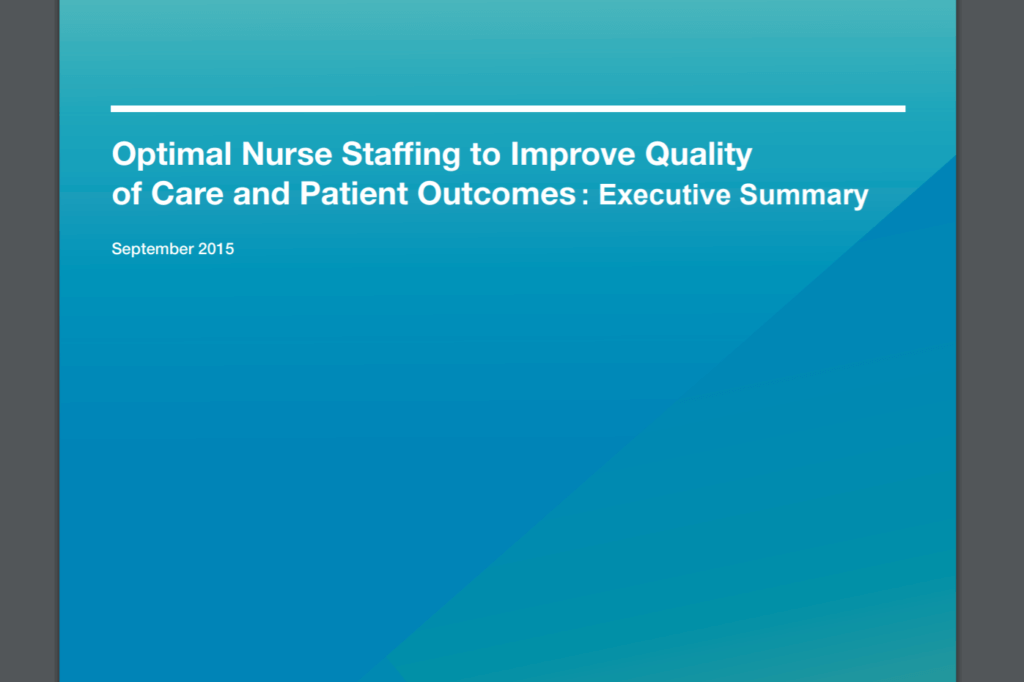What is the primary role of the Chief Nursing Officer of Chief Nursing Executive?
Becoming a CNO or CNE is a dynamic and rewarding career choice, but also a very challenging one. A CNO is accountable for overall professional nursing practice across a healthcare organization. Large or complex healthcare systems may also have a Chief Nurse Executive, or CNE, as a separate, top-ranked nursing position in the leadership hierarchy. The CNE may supervise one or more CNOs, Vice Presidents, or Directors of Nursing. The CNE assures a level of consistency in nursing practice across the organization including nursing care standards and expectations. In other institutions, the title of the CNO has been changed to CNE to more clearly denote the executive-level responsibility of this role.
What is the typical reporting structure of a CNO/CNE?
A CNO/CNE usually reports to an organization’s President and Chief Executive Officer, except when the organization also has a separate system-level CNE. In that case, a CNO typically reports to the system-level CNE. Depending on the institution, other types of reporting structures exist as well.
What can I expect if I become a CNO/CNE?
As a CNO/CNE, your role is to work closely with nursing and health system leaders within your organization. You are expected to influence and advance the delivery of high quality health care based on your organization’s mission, vision, values, and goals, as well as laws, regulations, and professional nursing standards. Your responsibilities include strategy development, high-level decision-making, financial forecasting, budget accountability, quality, safety, and staff and patient engagement. You also inspire and approve the models of nursing care delivery adopted at your institution. Your typical day might include interacting with nurses and organizational leaders, community leaders, health care consumers, and the general public. You need well-developed public speaking and interpersonal skills because you will give a lot of presentations to diverse groups of people. You are viewed as the public face of nursing for your organization.
What is the career path to become a CNO/CNE?
If you aspire to be a CNO/CNE, it’s very important to learn about these exciting roles now so that you can map out your goals and your career path. It will take preparation. You need a solid foundation as a nurse as well as advanced leadership knowledge, skills, and experience. Assuming progressively higher nursing leadership positions such as a Nurse Manager, Director of Nursing, or Vice President for at least 3-5 years with a solid track record of success are essential. Advanced education is expected. You will need both bachelors- and masters-preparation, preferably with a concentration in nursing leadership. There is a trend to achieve doctoral level (DNP or PhD) education as well. Certification as a Nurse Executive – Advanced (NEA-BC) shows commitment to ongoing leadership development and validates your knowledge base.
What other resources are available from ANA to advance my leadership development?
You will need to learn new skills and develop new competencies in your executive career path. Ongoing continuing education is a vital aspect of leadership success. ANA provides online educational options to assist the busy leader in accessing content when convenient at home or in the workplace. ANA conferences are also a great way to connect with other leaders and develop your network!
















